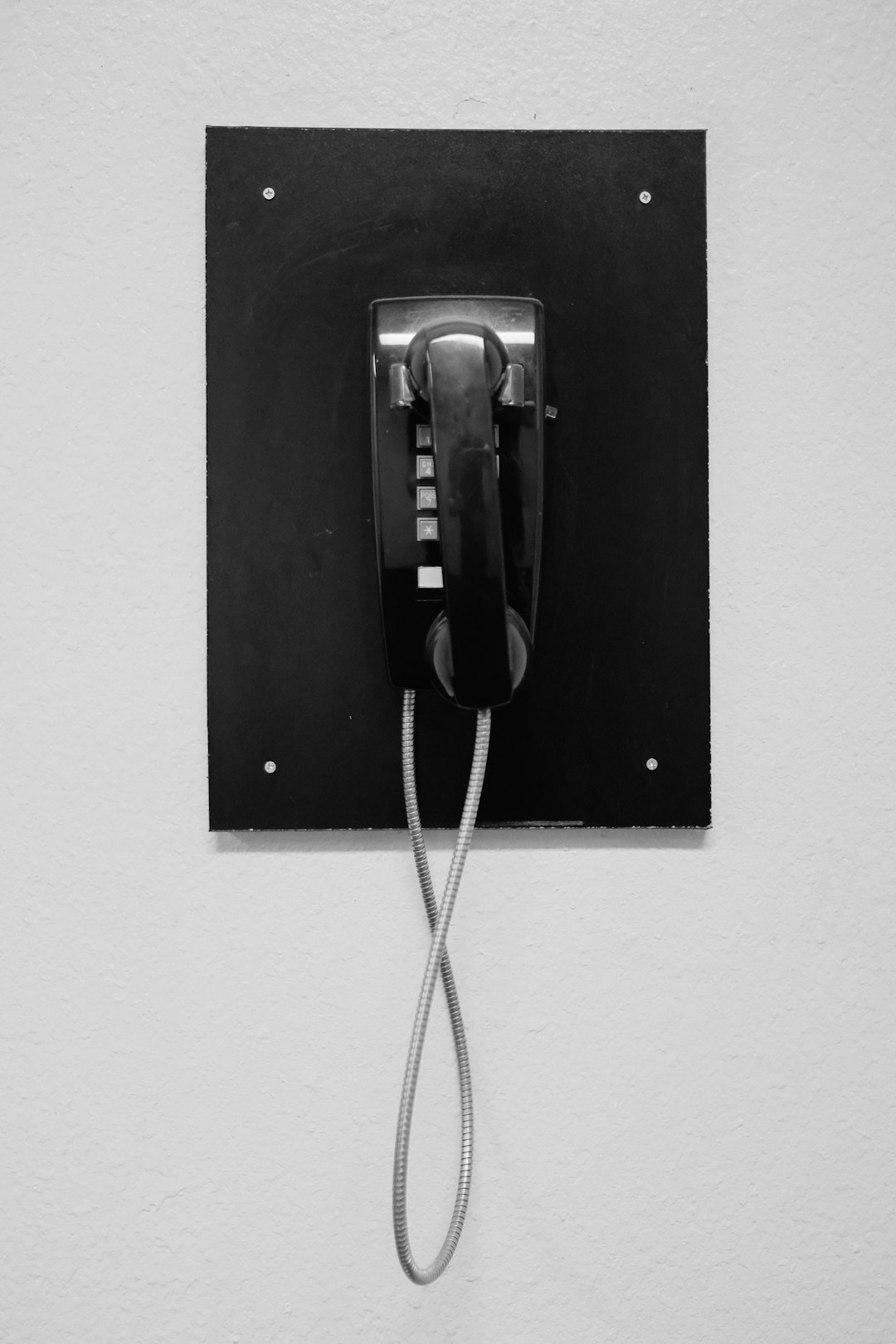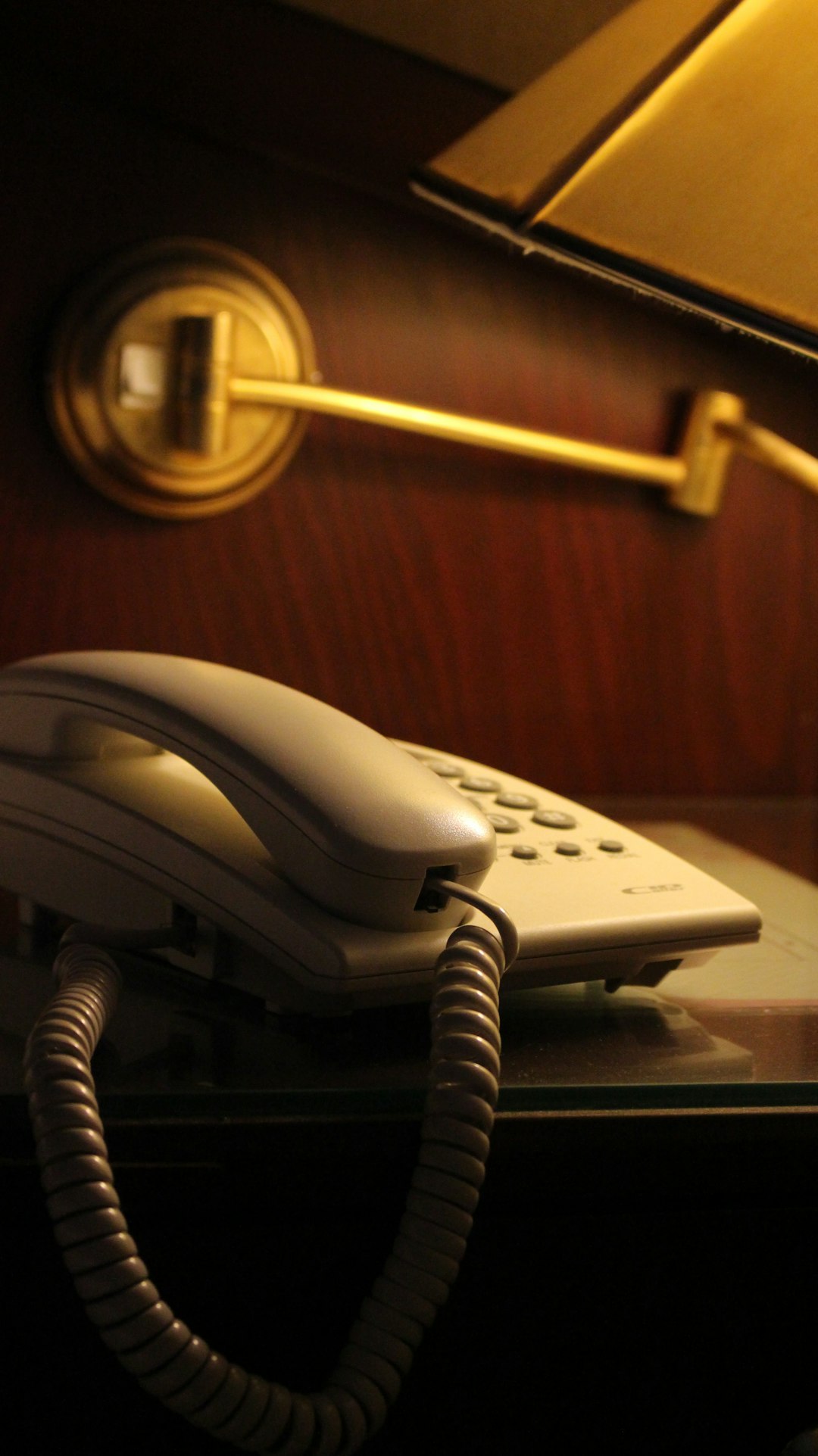Unwanted sales calls from law firms are a common problem in Washington state, but the Unwanted Call Law provides consumers with legal protections. Residents can take action by documenting calls, filing complaints with the Attorney General's Office, and blocking future contact. A dedicated unwanted call law firm offers guidance on navigating telemarketing laws, empowering individuals to reclaim their personal time and space from harassing pitches.
In today’s digital age, phone calls can often feel like a nuisance, especially when they’re unsolicited. The state of Washington has laws in place to protect consumers from unwanted sales pitches over the phone, particularly from law firms and other businesses. This article explores your rights under these laws and provides guidance on what to do if you’ve received unwanted sales calls. Understanding when a call is considered unlawful solicitation can empower you to take action and stop intrusive marketing practices.
Understanding Unwanted Telephone Sales Calls and Your Legal Rights in Washington

In today’s digital age, unwanted telephone sales calls can be a persistent and frustrating issue for consumers in Washington. The Washington Unwanted Call Law firm plays a crucial role in protecting individuals’ rights against such intrusions. This law firm helps residents understand their legal standing when it comes to receiving unsolicited sales pitches over the phone.
According to the Unwanted Call Law, businesses are prohibited from making telemarketing calls to consumers who have not given explicit consent. If you find yourself on a “Do Not Call” list or experience frequent harassing calls, you have the right to take action. The law firm educates residents on their options, which may include filing complaints with regulatory bodies and seeking legal recourse against persistent violators. By knowing your rights, Washington consumers can protect their personal time and space from intrusive sales tactics.
When Is a Phone Call Considered Unwanted? Defining Solicitation

In the digital age, phone calls can often feel like an intrusion, but it’s essential to understand when a sales pitch crosses the line from a welcome interaction to an unwanted call. The Unwanted Call Law in Washington state defines unsolicited or unwanted telephone solicitations as those made to individuals who have not given explicit permission for such contact. This includes sales calls from law firms or any other entity promoting products, services, or even fundraising initiatives.
Solicitation refers to the act of attempting to sell or promote something. When a law firm or any organization initiates a phone call with the primary purpose of offering their services or products, it’s considered solicitation. Consumers have the right to refuse such calls and request not to be contacted again. Understanding these boundaries is crucial for both consumers exercising their rights and businesses adhering to legal requirements, ensuring everyone can enjoy peace of mind while navigating the world of sales pitches.
Taking Action: What To Do If You've Received Unwanted Sales Calls from Law Firms or Other Businesses in WA State

If you’ve found yourself on the receiving end of unwanted sales calls from law firms or other businesses in Washington State, know that there are steps you can take to stop them. The first course of action is to document the calls, including the date, time, and any details about the caller or company. This information will be valuable if you decide to take further action.
Next, most states, including Washington, have laws in place to protect consumers from unsolicited telemarketing calls. You can file a complaint with the Washington State Attorney General’s Office, which oversees compliance with these laws. They offer an online form or toll-free number where you can report the unwanted calls. Additionally, consider informing the caller directly that you do not wish to receive future calls and request your number be removed from their calling lists. If the calls persist despite your efforts, consult a consumer protection advocate or legal professional specializing in telemarketing laws for personalized guidance on taking the next steps, including potential legal action, against the offending law firm or business.






